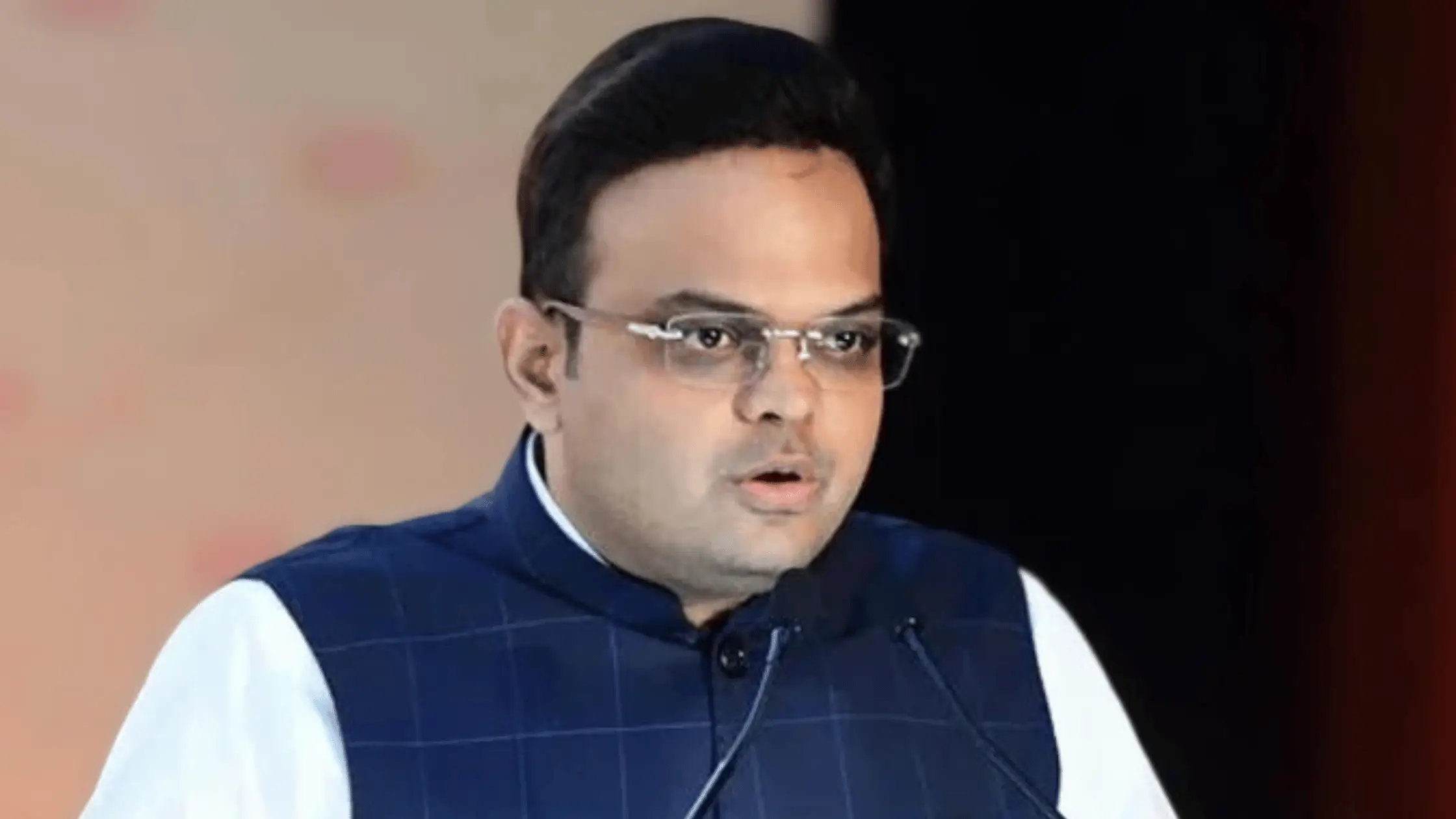Jay Shah, Board of Control for Cricket in India (BCCI) secretary is all set to take over as the new chairman of the International Cricket Council with current chief Greg Barclay’s term ending this month. This is a monumental moment of sorts in cricket governance as Shah becomes the third Indian ever to hold such a prestigious stature.
Barclay told ICC directors, including the chair of Cricket Australia Mike Baird in a video conference this week he would not be standing for another term. The ICC read Shah’s interview and it seems influenced by his candid remark that he was taking the reins, backed as much if not more so by cricket boards in England and Australia. Shah enjoys a wide-ranging support base, which suggests he has the majority required to take over as head of ICC – a role that only two Indians have ever had: Jagmohan Dalmiya (1997-2000) and Sharad Pawar (2010-12).
Jay Shah is just 35 and he will be the youngest to occupy this position in the history of ICC. His appointment will give a brand new look at the global cricketing body. The son of India’s Home Minister Amit Shah, who has already served Indian cricket well and is now set to take on an international role in the sport.
Current ICC chair Greg Barclay said he would not seek to extend his term which runs until November 2024. Barclay was appointed as independent ICC chair in November 2020 and re-elected again earlier this year to remain at the helm until he completes his term by the end of November 2024. The ICC has given a deadline of August 27, 2024 for the current directors to propose any candidates archives room themes. If more than one person is nominated, an election will take place and the new chair-elect’s term will begin on December 1st of that year.
The rule for chairman’s election under ICC is three-fourths (16) of the total votes and after a prolonged battle nine-vote majority has finally settled in. Shah has already locked up a good deal of behind-the-scenes support among the voting membership, which will likely propel him to the chairmanship.
His current term as BCCI secretary ends in October 2025, following which he must serve a compulsory three-year cooling-off the mandatory cooling period scheduled between July and September that year to become eligible for re-election. As per the BCCI constitution, an office bearer can serve for six years in his position before a compulsory cooling-off period of three years with a maximum nine-year cumulative tenure (state + BCCI). If Shah moves to the ICC with one year left in his BCCI campaign, there will be four years of eligibility for him inside the BCCI.

